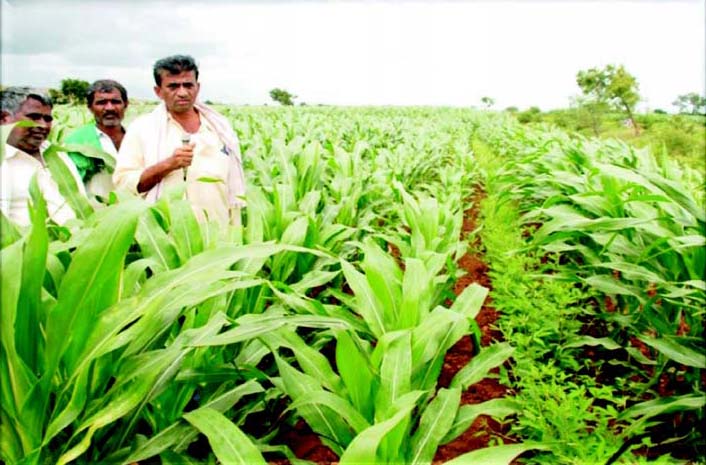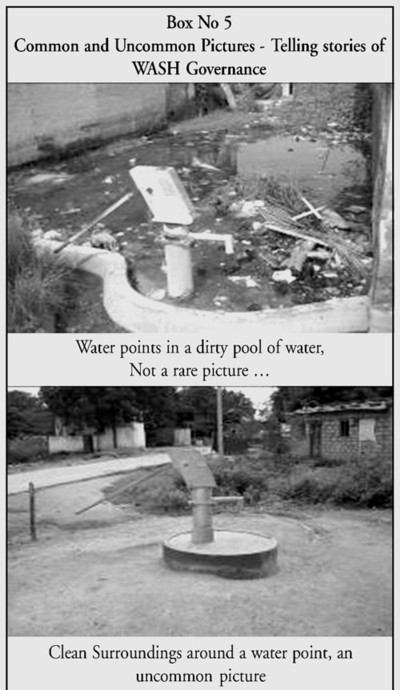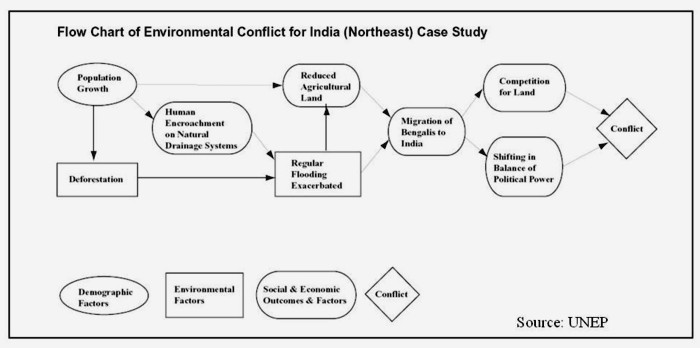/topics/panchayati-raj-institutions
Panchayati Raj Institutions
Microfinance institutions get away with farmer suicide abetment charges: Police close a third of the cases in Andhra Pradesh
Posted on 27 Apr, 2012 12:43 PMArticle Courtesy : Down to Earth
Author : M Suchitra
Appointment of young professionals as Prime Minister's Rural Development Fellows - Some questions
Posted on 23 Apr, 2012 11:19 AMThe critics of the PMRDFS have already started asking questions as follows:
Critical analysis of the overarching issues in Indian agriculture - State of Indian agriculture report (2011-2012)
Posted on 06 Apr, 2012 06:57 PM
Restructuring in 2012 of District Rural Development Agency set up by Ministry of Rural Development
Posted on 05 Apr, 2012 09:25 PMThe MoRD constituted the present Committee with a mandate to study the structure of the DRDA and suggest measures to strengthen their professional character so that they could be useful to the Zila Parishads and the district administration in planning for removal of rural poverty.
People of Nuapada district in Odisha build a stop dam themselves - Roundup of audio updates from CGNet Swara (Sep 2011 to Feb 2012)
Posted on 03 Apr, 2012 02:57 PMPeople get together to build a stop dam themselves
The people of Khariar road town in Odisha have long requested a check dam across the river Jonk. Khuturam Sunani describes how they have now begun constructing it through shramadaan.
Impact report of watershed development programme in Ayyannapalem village of Guntur district in Andhra Pradesh
Posted on 19 Mar, 2012 11:59 AMAuthor : Kotikala Chandrasheakar
Name of the watershed: Ayyannapalem
Name of the Mandal: Bollapalli
District: Guntur
Improving farmers’ access to agricultural insurance in India - A World Bank working paper
Posted on 12 Mar, 2012 11:08 PMTo address this and other problems, the Government of India is piloting a modified National Agricultural Insurance Scheme, a market-based scheme with involvement from the private sector.
Rural water access: Governance and contestation in a semi-arid watershed in Udaipur, Rajasthan: A paper in EPW
Posted on 21 Feb, 2012 05:19 PMStudy area
This study is carried out in micro-watershed No.19, which comprises six villages in Jhadol tehsil of Udaipur district in Rajasthan. A minor irrigation project completed in 1980 serves these six villages
Rainfall, storage levels in reservoir and groundwater use
Understanding governance in WASH sector in Andhra Pradesh - A study by WASSAN
Posted on 18 Feb, 2012 03:38 PMProblems in the water, sanitation and hygiene (WASH) sector have their roots in socio-political issues rather than in technology. This paper presents the report of a survey in 107 villages in rural Andhra Pradesh to illustrate the influence of governance systems.

Multi-stakeholder dialogue is messy, but necessary
Posted on 16 Feb, 2012 01:32 PMA workshop on ‘Understanding and resolving water conflicts in the North East India', was organized by Forum for Policy Dialogue on Water Conflicts in India (Forum), in collaboration with Aaranyak (Guwahati), Centre for the Environment, IIT (Guwahati), Arghyam (Bangalore), SaciWATERs-CapNet Network (SCaN) and Cap-Net to discuss emerging issues related to water conflicts and their resolution in the region. This workshop was held in Guwahati on January 23-26, 2012. It aimed at presenting concepts and theory related water conflicts as well as issues especially relevant to the North East Region.





